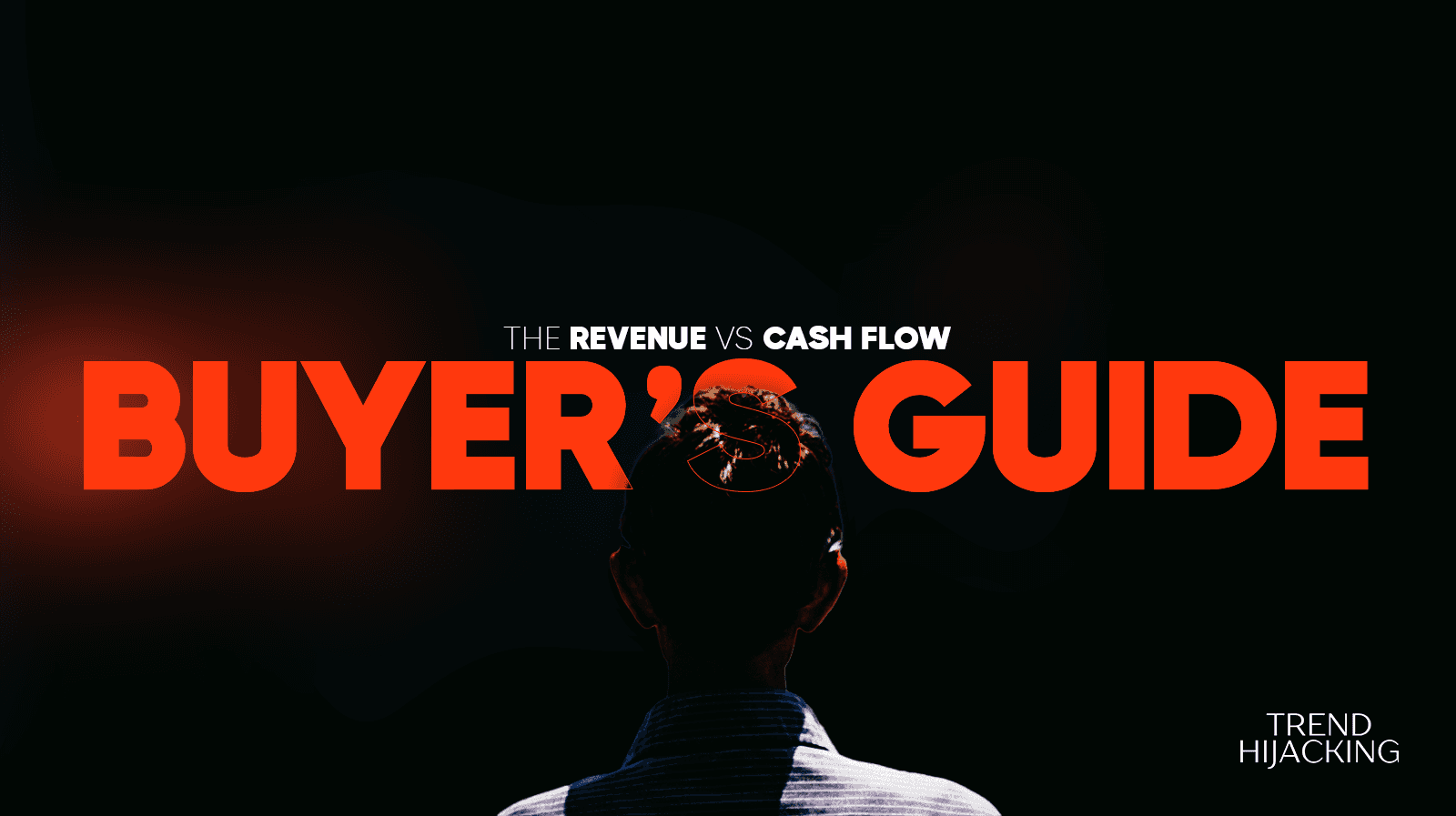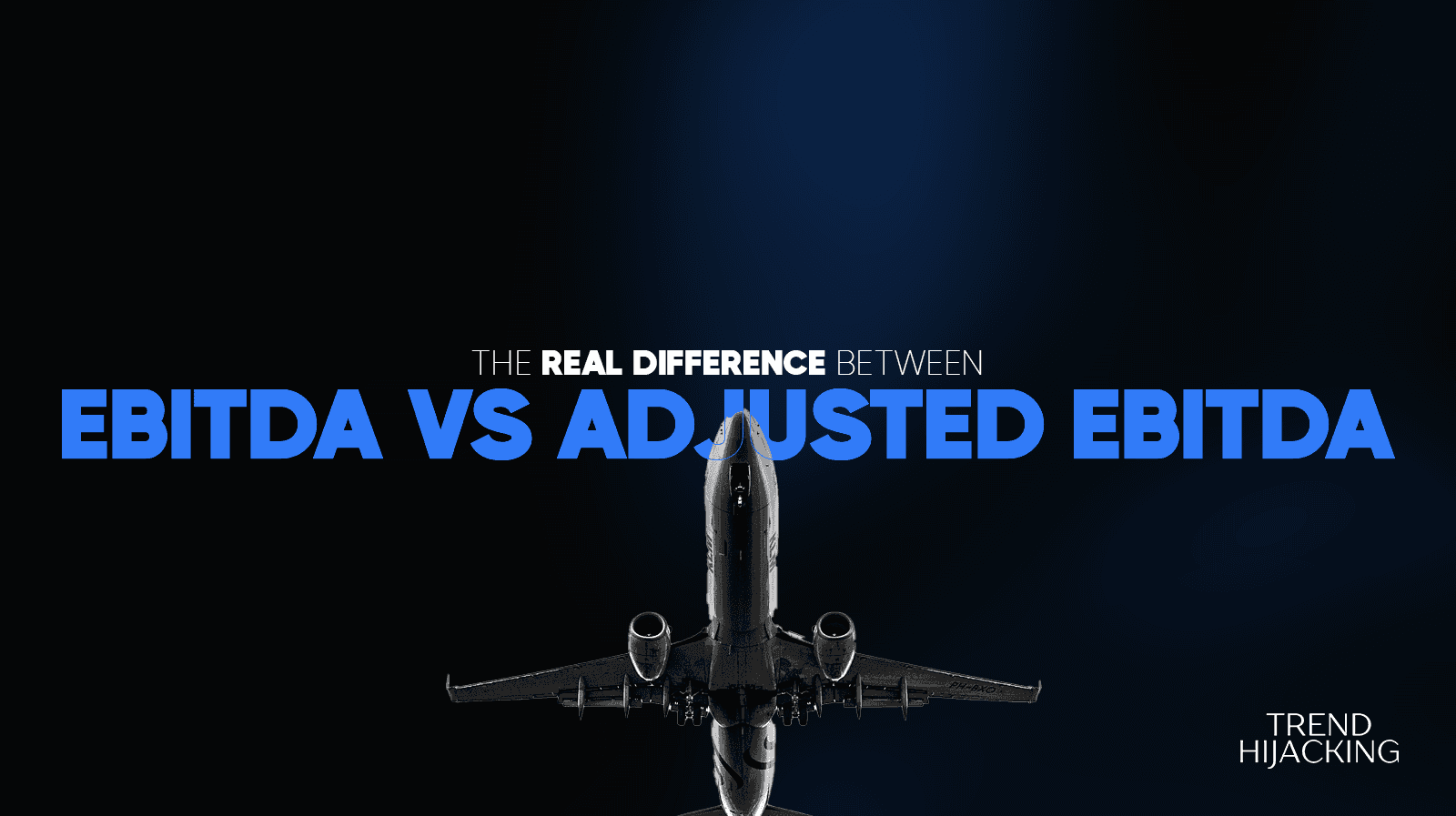Buying An Existing Business (All Your Questions Answered):
1. Is Buying An Established Business A Good Idea?

Yes, buying an established business can be a good idea provided the business has solid financials, a loyal customer base, and a sustainable model.
By buying the business, you’re essentially acquiring a proven model with existing revenue, customers, supplier relationships, and operational systems.
This allows you to bypass the uncertainty of the startup phase.
However, the real secret lies in conducting in-depth due diligence.
Before committing, we advise you to review the company’s financial statements, debts, contracts, and operational efficiency.
Understand why the current owner is selling and assess whether the business has room for growth under your management.
The best acquisitions are those with consistent cash flow, a loyal customer base, and opportunities to expand through improved marketing, technology, or new products.
When chosen wisely, an established business can offer faster stability and long-term rewards.
We Help You Buy / Build, Manage and Scale E-commerce Brands for an EXIT
E-commerce Simplified for Busy Individuals – We handle the buying, building, and scaling, so you can focus on what matters.
Growth-Focused Strategies – From sourcing to marketing, we drive growth and prepare you for a profitable exit.
Expertly Managed Exits – We build a high-value brand designed for a Lucrative exit.
2. Is Buying A Business Better Than Starting One?

It depends on your goals, risk tolerance, and experience.
Buying an existing business can be the faster and safer route since it gives you immediate cash flow, trained staff, established customers, and proven systems.
However, it usually requires a larger upfront investment and limits your creative freedom at the start.
On the other hand, starting a business from scratch allows you full control over the brand, vision, and operations but involves more uncertainty, longer ramp-up time, and a higher failure rate.
If you prioritize stability, speed, and predictable income, buying is often the smarter move.
But if your passion lies in innovation and building something entirely your own, launching a new venture may be the better fit.
3. Is Buying A Business A Good Idea?

Buying a business can be a wise decision provided you have done thorough due diligence.
It’s often safer than starting from zero, but you must evaluate market position, profitability, and owner dependence.
A “good idea” only becomes great when you know what you’re getting — not just the assets but the challenges too.
Recommended: The Truth About Buying Turnkey Businesses For Investors
4. Is Buying A Business A Good Investment?

Buying an existing business can be a good investment in most cases, especially if it already generates consistent cash flow and shows room for growth.
Unlike passive investments like stocks or real estate, owning a business gives you direct control over performance and decision-making.
The real advantage lies in buying the right business at a fair price.
A solid company with loyal customers, efficient operations, and a motivated team can often repay your initial investment within a few years through profits alone.
On top of that, you can increase its value by improving systems, expanding marketing, or introducing new products and services.
However, not every business for sale is a good deal.
You’ll need to perform careful due diligence, review financial statements, and understand why the current owner is selling.
When managed wisely, though, buying a business can be one of the most rewarding investments you’ll ever make (both personally and financially).
Recommended: Buying An E-commerce Business With No Experience
5. What Are The Disadvantages of Buying An Established Business?

Buying an existing business can save time, but it also comes with several challenges. These include hidden debts, outdated systems, and poor record-keeping are common pitfalls.
Employees may resist new management, and loyal customers might not respond well to changes. You could also end up overpaying for intangible assets like goodwill or brand reputation.
In some cases, the business’s success depends heavily on the previous owner’s relationships, which can disappear once they leave.
To avoid these costly surprises, we always advise you to hire professionals to conduct financial, legal, and operational due diligence before committing to the purchase.
Recommended: Entrepreneurship Through Acquisition: A Guide for Buying Established Online Businesses
We Help You Buy / Build, Manage and Scale E-commerce Brands for an EXIT
E-commerce Simplified for Busy Individuals – We handle the buying, building, and scaling, so you can focus on what matters.
Growth-Focused Strategies – From sourcing to marketing, we drive growth and prepare you for a profitable exit.
Expertly Managed Exits – We build a high-value brand designed for a Lucrative exit.
6. Why Would Someone Buy An Existing Business?

People buy existing businesses to bypass the uncertainty and slow growth of starting from scratch.
Instead of building everything from the ground up, they acquire a company with proven systems, trained staff, established customers, and reliable revenue.
This allows them to start earning immediately while benefiting from existing brand recognition and market position.
For investors, it’s an appealing option because it offers predictable cash flow and lower operational risk compared to a new venture.
In short, buying an existing business means buying time, stability, and a faster path to profitability.
7. Is It Better To Buy An Existing Business Or A Franchise?

It depends on your goals, experience, and appetite for risk.
Franchises provide you with built-in brand recognition, training, and ongoing support, making them ideal for those who want structure and a proven business model.
However, they come with strict rules, franchise fees, and limited creative freedom.
Buying an independent business, on the other hand, gives you full control over operations, branding, and strategy.
But it also requires stronger management skills and a higher tolerance for risk.
If you value guidance and consistency, a franchise may suit you better. If you crave independence, go for an existing business.
Recommended: Franchise Due Diligence Checklist (Avoid Costly Mistakes)
8. How Do I Buy A Business That Is Already Established?

To buy a business that’s already established, you begin by identifying industries you understand and can confidently operate in.
Next, research and shortlist profitable businesses for sale that match your interests and budget.
Carefully review their financial statements, customer base, and operational processes, then meet the owner to understand their reasons for selling.
Conduct thorough due diligence, including checking contracts, leases, licenses, and any outstanding debts or liabilities.
Once the business checks out, negotiate the purchase price based on verified facts rather than emotion.
Before finalizing the deal, always consult a qualified lawyer and accountant to ensure a smooth, legally sound transaction.
Recommended: 5 Signs An Ecommerce Business For Sale Is A High ROI Buy
9. Is It Possible To Buy An Existing Business?

Absolutely! Buying an existing business is a common path for entrepreneurs and investors.
In fact, “entrepreneurship through acquisition” (ETA) has been on the rise, as more individuals and investors realize they can skip the risky startup phase by acquiring and improving an existing company.
You can find opportunities through online marketplaces, business brokers, industry networks, or local listings.
Financing options are also widely available, including traditional bank loans, SBA loans, private investors, or seller financing arrangements.
The real challenge isn’t finding a business for sale but identifying one that matches your skills, experience, and long-term goals while fitting your budget.
With proper research, due diligence, and professional guidance, purchasing an existing business is entirely achievable and can be a smart move toward financial independence.
Recommended: Can You Get An SBA Loan For An Online Business?
10. What Is The Largest Advantage of Buying An Existing Business?

The biggest advantage of buying an existing business is instant operations.
From day one, you gain access to existing customers, trained employees, established processes, and ongoing revenue.
This immediate cash flow significantly reduces the financial risk compared to launching a new venture from scratch.
You’re also stepping into a business with a proven track record, trusted suppliers, and an established brand reputation.
All this can take years and considerable investment to build on your own.
Overall, the BIGGEST benefit of buying an existing business is that it gives you a running start.
This allows you to focus on improving and growing rather than just surviving the early stages.
11. What Are The Disadvantages of Purchasing A Franchise?

The main drawback of owning a franchise is limited freedom. Franchisees must follow strict operational guidelines, branding standards, and pricing rules set by the franchisor.
This structure can help you maintain consistency, but it often leaves little room for creativity or innovation.
You’ll also need to pay ongoing franchise fees and royalties, which reduce overall profits.
In some industries, market saturation can make it difficult to stand out or expand beyond your assigned territory.
Before investing, you want to consider whether you’re comfortable operating within someone else’s system and giving up a degree of control in exchange for brand support and stability.
Check out this video comparing franchise vs acquisition (which one can help you build wealth:
12. What To Do When Buying An Existing Business?

When buying an existing business, one of the most important things to do is to verify every detail of the business.
This includes financial statements, customer lists, supplier contracts, leases, and employee agreements.
Conduct thorough due diligence to uncover any hidden liabilities or risks.
Always involve a qualified accountant and lawyer to review documents and ensure compliance before finalizing the purchase.
Once the deal is set, focus on planning a smooth transition.
Communicate openly with employees, customers, and vendors to maintain trust and stability.
A transparent handover, combined with clear leadership and respect for existing operations, is key to retaining the business’s value and setting the stage for future growth.
Recommended: E-Commerce Acquisitions: Red Flags That Could Cost You
13. What Are The Risks of Buying A Business?

Purchasing an existing business may present you with several risks. For instance, you might inherit hidden debts, legal disputes, or operational inefficiencies that weren’t disclosed upfront.
There’s also the danger of overpaying, especially if you rely on inflated valuations or emotional decision-making.
Market shifts, declining customer loyalty, or the departure of key employees after the sale can quickly impact profitability.
To minimize these risks, perform detailed due diligence, review all financial and legal records, and plan for potential challenges.
A cautious, research-driven approach protects your investment and sets you up for long-term success.
Recommended: What Are the Disadvantages of Buying an Existing Business?
Recommended: 7 Risks Of Acquiring A Company (And How To Avoid Them)
14. Is Buying A Business A Tax Write-off?

Buying a business isn’t entirely a tax write-off. While you can deduct certain expenses related to the purchase, such as professional fees, due diligence costs, or interest on acquisition loans, the actual purchase price of the business is not an immediate write-off.
Instead, it’s typically capitalized and depreciated or amortized over time, depending on how the assets are classified.
For example, tangible assets like equipment may be depreciated, while intangible assets like goodwill are amortized.
Tax rules vary by region, so we advise you to consult a qualified tax professional to help you understand what deductions apply in your specific situation and structure the deal efficiently.
15. What Is It Called When You Buy An Existing Business?

Buying an existing business is generally known as a business acquisition or takeover.
There are two main ways to structure this kind of deal:
An asset purchase, where you buy specific assets like equipment, inventory, or customer contracts, or
A share purchase, where you acquire ownership of the entire company, including its liabilities.
Each approach has different legal, financial, and tax implications, which can significantly affect your long-term outcomes.
Because of this, it’s critical to work with experienced legal and accounting professionals to determine the structure that best protects your interests and aligns with your goals.
Final Word
Buying an existing business is a proven path to becoming an entrepreneur or investor, but it’s not a shortcut to success. It demands due diligence, patience, and strong management. If you’re strategic, you can transform someone else’s foundation into your own success story. But if you rush in blind, the same deal can drain your savings. The key is to treat the process like an investment; it must be informed, calculated, and backed by expert advice.
We Can Help You Buy An Existing Business in Just 60 Days
If you’re serious about acquiring an online-based business but unsure where to start, we can help. Our no-retainer, no-equity acquisition system is designed to guide acquisition entrepreneurs through the process of finding, evaluating, and closing on a growth-ready e-commerce business—then scaling it into a valuable asset—all within 60 days. We offer you clear guidance, proven systems, and real results.
A Done-For-You E-commerce Business
Discover how we Build, Launch, and Scale a 6-figure/month Business for You
Learn more
The 6-Step Blueprint to E-Commerce Acquisition
See how we Acquire, Convert, and Scale with Real Case Studies to Prove It.




















